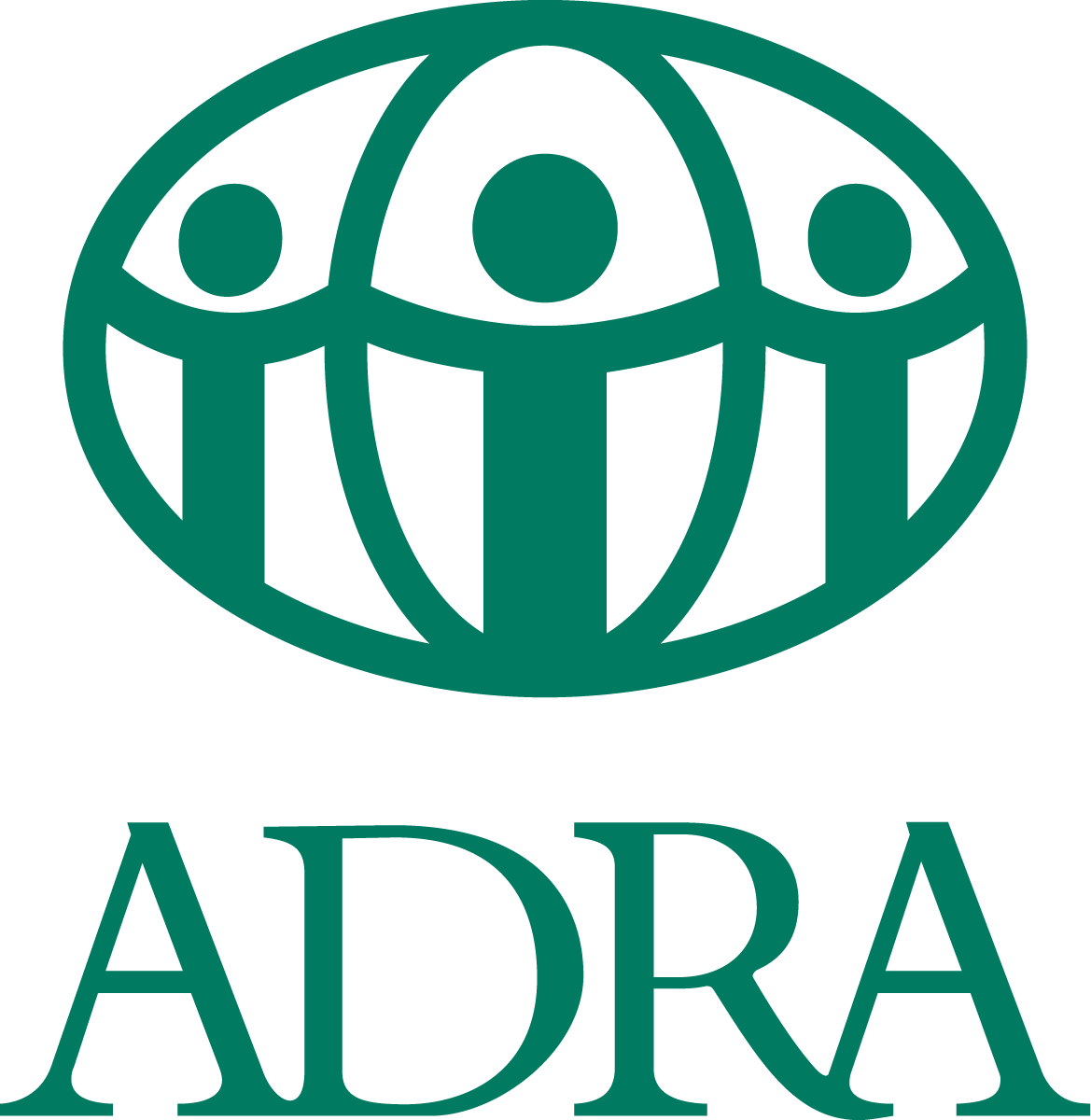A three-day Project Inception and Detailed Implementation Planning (DIP) Workshop for the PARIBARTAN CHANGE Project was organized by ADRA Nepal from 7 to 10 October 2025. The workshop aimed to orient the local implementing partner and project staff on the project’s overall framework, including its goal, objectives, implementation modalities, while also making it clear on the monitoring system, communication and visibility guidelines, GEDSI, safeguarding, complaints and feedback mechanisms, documentation, and reporting for the project. Additionally, it sought to develop a five-year detailed implementation plan and guideline through a participatory process, ensuring shared understanding for effective field implementation.
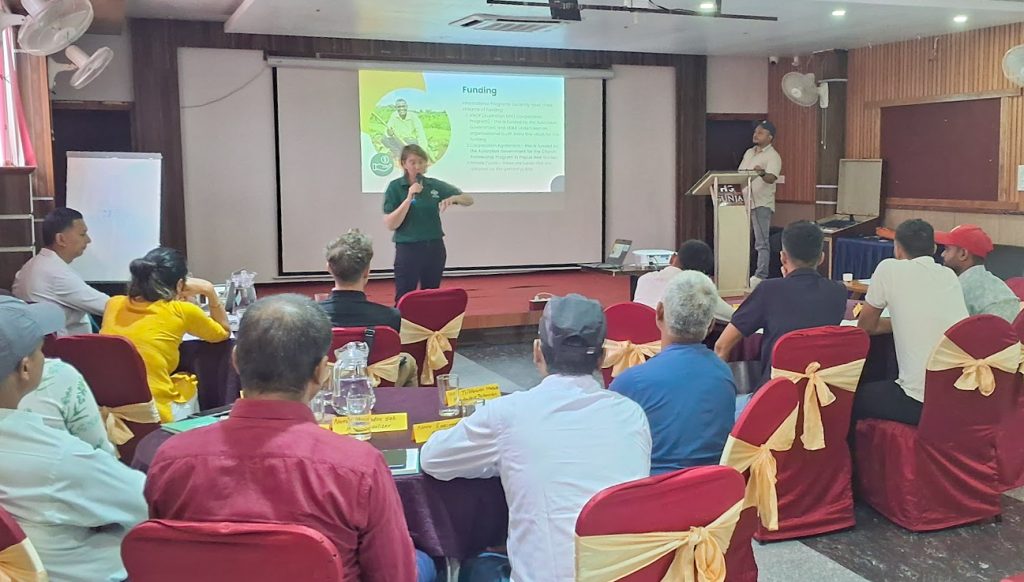
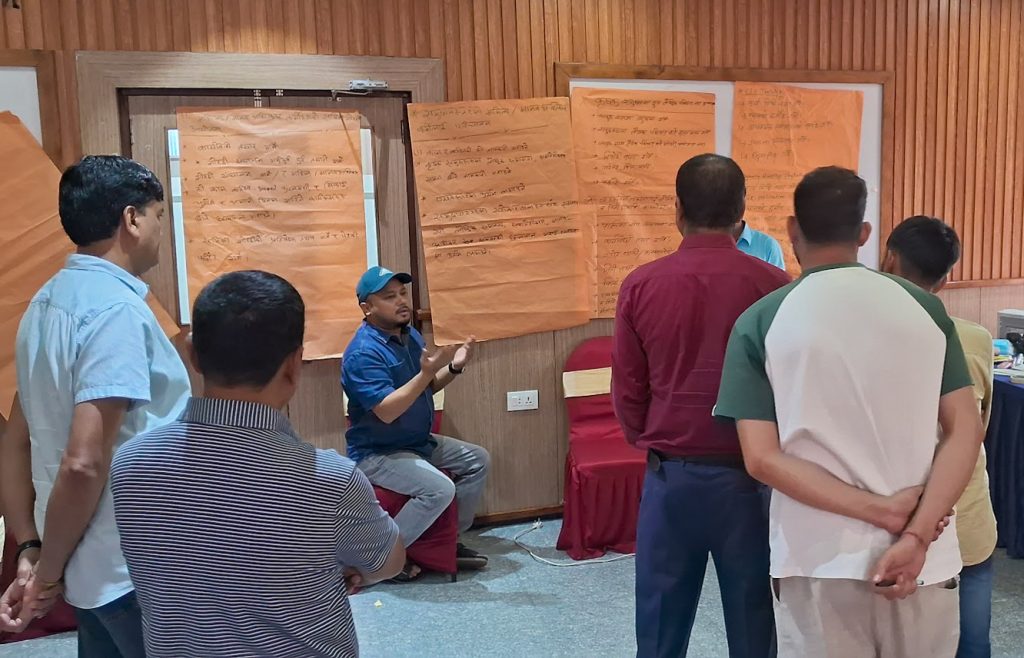
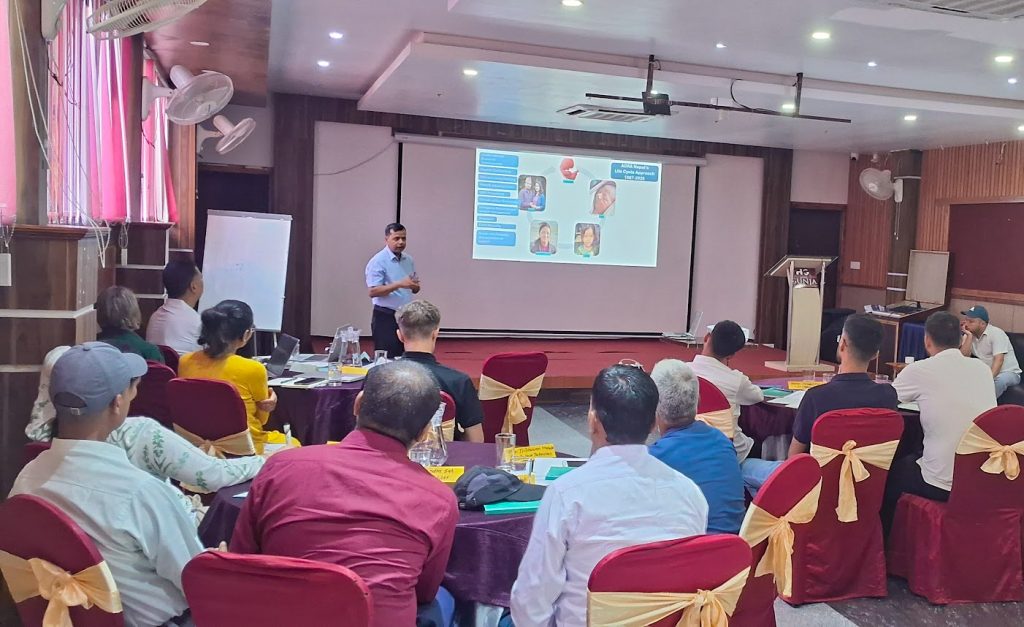
The workshop, facilitated by Suraj Acharya, Project Manager, ADRA Nepal, commenced with welcome remarks from Tom Pignon, Country Director of ADRA Nepal, who shared his expectations and appreciation for the team. Dr. Ghan Shyam Bhatta, Program Director of ADRA Nepal, presented an overview of ADRA’s journey in Nepal, while Virginia Pycroft, Program Manager of ADRA Australia, shared insights into ADRA Australia’s global engagement through the ANCP. Ashish Singh Rajput, Executive Director of RDC Nepal, introduced the partner organization and its areas of work, and Kabir Ratna Sthapit, Livelihoods Team Leader, provided an overview of ADRA Nepal’s livelihoods programming and the PARIBARTAN project.
Further sessions were led by Suraj Acharya, who presented the project’s goal, outcomes, outputs, activities, and reporting schedules. Dibash Chandra Karki, M&E Coordinator, shared details of the MEAL plan and Complaints Feedback and Response Mechanisms (CFRMs). Deepa Shrestha, Finance and Administration Director, discussed financial and administrative procedures, including compliance, reporting, internal control, audit standards, and anti-fraud measures.
Cross-cutting sessions included a GEDSI orientation by Nikita Reed (ADRA Australia), and a Safeguarding and PSEAH session by Karuna Baral, Gender and Safeguarding Officer of ADRA Nepal. Sneha Sharma, Finance Officer, oriented participants on procurement policies and financial management, while Sujit Shah, Communication and Advocacy Assistant, highlighted communication protocols, visibility standards, and photo consent guidelines. The workshop concluded with a vote of thanks from representatives of RDC Nepal, ADRA Nepal, and ADRA Australia.
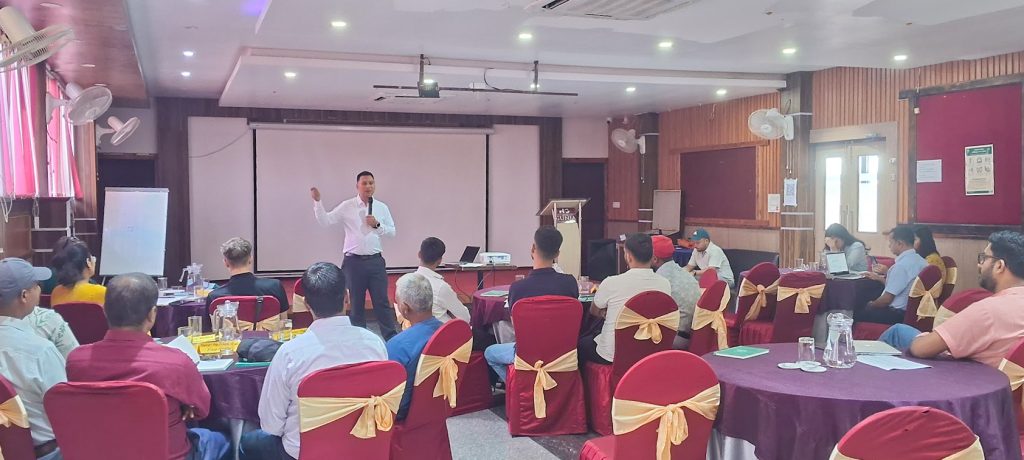
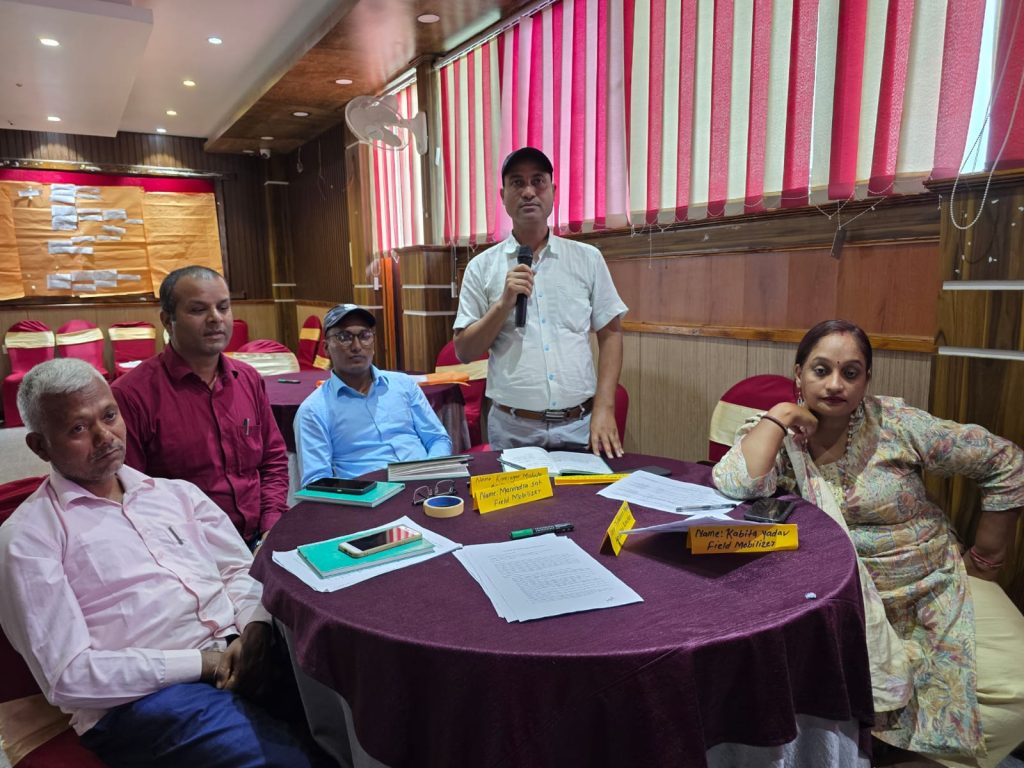
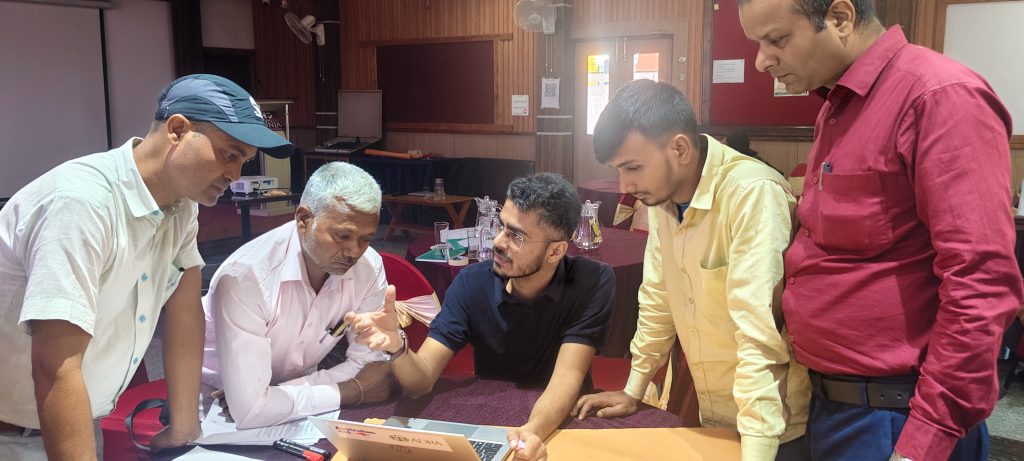
In the succeeding week, a five-day capacity-building training on LogAlto, a digital project management and monitoring tool for ADRA Nepal staff. Facilitated by Esteban Espindola (ADRA Mexico) and Virginia Pycroft (ADRA Australia), the training focused on project setup, logframe and indicator design, custom form development, data entry, analytics, and performance monitoring. Participants practiced using LogAlto for project creation, Logical framework design and data entry, milestone tracking, lesson documentation, impact stories, and risk mitigation planning.
A total of 24 ADRA Nepal staff participated in the training, and certificates of completion were presented by Country Director Tom Pignon and the facilitators on the final day. The event concluded with a vote of thanks from Mr. Pignon, appreciating the facilitators and participants for their commitment and acknowledging the continuous support from ADRA Australia.
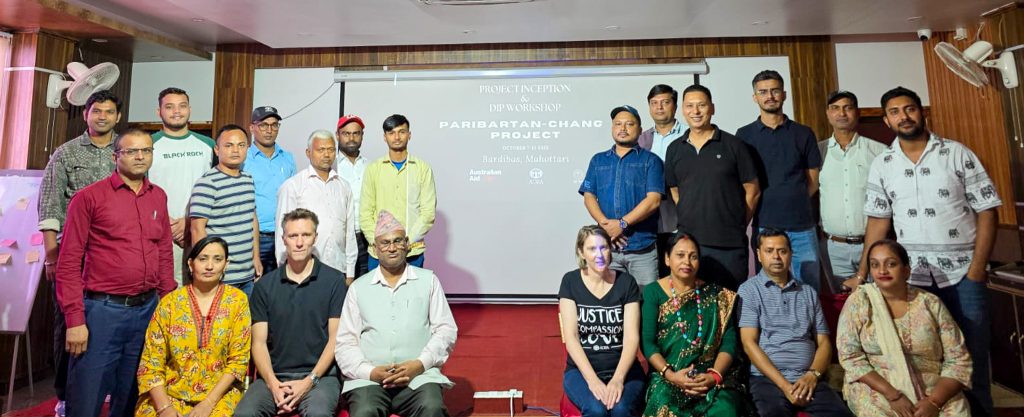
The PARIBARTAN Project, funded by Australian Aid and ADRA Australia, is implemented by ADRA Nepal in partnership with the Rural Development Center (RDC) Nepal in Chandrapur and Gujara Municipalities of Rautahat District. The project aims to support smallholder farming households, especially women and vulnerable families, to achieve sustainable economic growth and build climate-resilient communities.

